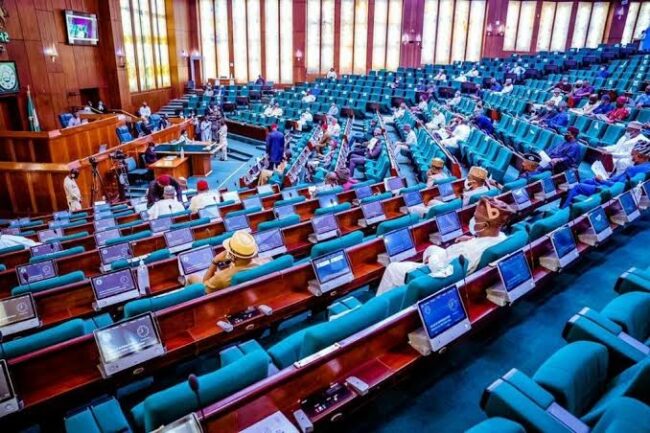The former member of the House of Representatives, who represented Degema/Bonny Constituency of Rivers State, Dr. Farah Dagogo, has again questioned the utilization of the 13% derivation fund allocated to oil-producing communities by the governors of the Niger Delta region.
He expressed concern that the Niger Delta region has received trillions of naira through the 13% derivation over the past 23 years, with over ₦600 billion received in the first half of 2024 alone.
However, he lamented that successive governors in the region have failed to improve the lives of the people, who “still live in squalor, disease, and suffer from the worst and highest forms of poverty.”
The former federal legislator pointed out that despite the perceived failure of the Federal Government, it has consistently ensured a steady increase in the 13% derivation to the Niger Delta governors.
He explained, “In January 2024, ₦57.92 billion was released to oil-producing states. In February, it rose to ₦85.10 billion, and in March, the Niger Delta oil-producing states received ₦166.24 billion.
“The amounts were ₦90.12 billion, ₦120.45 billion, and ₦106.50 billion for April, May, and June, respectively.
“Yes, we all agree that this Federal Government has not lived up to expectations, but in this instance, you have to acknowledge that these allocations demonstrate the government’s continued support for state governments, particularly in oil-producing regions where derivation funds are a critical source of revenue to address their unique challenges.”
The former lawmaker, popularly called Farah by his constituents, added that because the funds released for oil-producing communities were not being used for their intended purposes, the people have developed a “subconscious apathy” toward the massive amounts being disbursed.
This situation, according to him, “suits the governors’ intentions to spend the funds however they please, rather than in accordance with constitutional provisions.”
He lamented that the story of the oil-producing communities in the Niger Delta is a tragic one, given that the 13% derivation, which is intended to help these communities tackle infrastructural decay and environmental degradation, is mostly mismanaged and unaccounted for by the governors, who treat it as free money instead of safeguarding it for the communities.
ALSO READ: NERC issues MTN, others permits to generate electricity
The former governorship aspirant stated: “This 13% derivation fund is meant to help oil-producing communities address infrastructural decay and degradation.
My emphasis is on the oil-producing communities! It is a constitutional requirement, which means that 13% of the federation account revenue should be set aside to support the development of these communities.
“More than two decades later, what is there to show for the vast sums that have come in? This is a very sad commentary on the state of the oil-producing communities in the Niger Delta.
What we have, instead, are governors trying to impose their stooges to continue the plundering of this fund. That’s the root cause of most of the infighting between former governors and their chosen successors.
“Conduct an investigation in these areas, these oil-producing communities, and you will weep when you compare their abject living conditions to what has been allocated to them. No electricity, no drinking water, no roads—there’s a total lack of basic amenities.
“Why are the governors, who receive these funds on behalf of these communities, so indifferent to their plight? Why would they rather line their pockets with the money and live lavishly than commit it to the development of the communities? The answer lies in how the governors choose to spend the funds, disregarding their constitutional obligations.
“We need explanations, backed by irrefutable facts, on how these derivation funds, meant to improve the lives of the people and their communities, have been spent.
Sadly, those explanations will likely remain elusive, like looking for a needle in a haystack.
Nothing concrete will come of it, especially as the people have developed a subconscious apathy toward their deprivation.
“I want to strongly believe it is never too late to correct the wrongs of the past.
I also want to hope that this set of governors will stand on the right side of history and do justice with the revenues they are receiving on behalf of the oil-producing communities,” he added.
